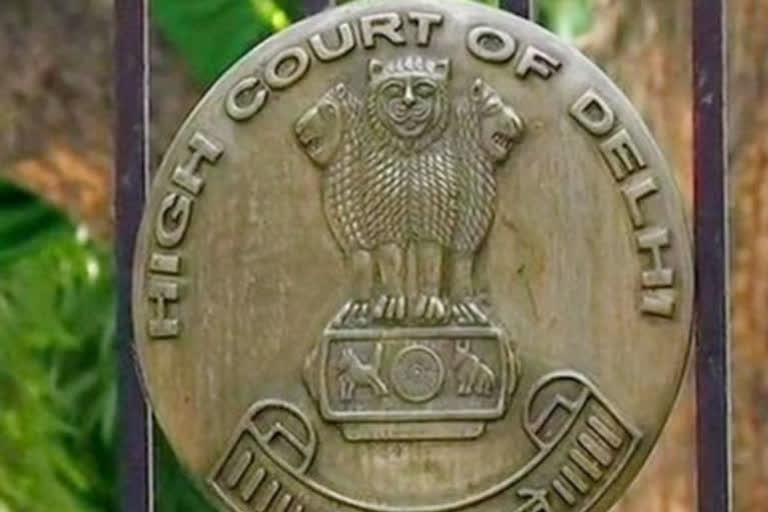New Delhi: The Delhi High Court Wednesday delivered a split verdict on the issue of criminalisation of marital rape with one of the judges favouring striking down the provision, the other holding it was not unconstitutional. The division bench granted leave to the parties to file an appeal before the Supreme Court. While Justice Rajiv Shakdher, who headed the division bench, favoured striking down the marital rape exception, Justice C Hari Shankar said the exception under the IPC is not unconstitutional and was based on an intelligible differentia.
The petitioners had challenged the constitutionality of the marital rape exception under Section 375 IPC (rape) on the ground that it discriminated against married women who are sexually assaulted by their husbands. Under the exception given in Section 375 of the IPC, sexual intercourse or sexual acts by a man with his wife, the wife not being minor, is not rape.
While delivering the verdict, Justice Shakdher said "as far as I am concerned, the impugned provisions -- exception 2 to section 375 (IPC) ... are violative of Articles 14(Equality before law), 15 (prohibition of discrimination on grounds of religion, race, caste, sex or place of birth), 19(1) (A) (right to freedom of speech and expression) and 21 (right to life and personal liberty) of the Constitution and are hence struck down." He said this declaration will operate from the date of its pronouncement.
However, Justice Shankar said "I have not been able to agree with my learned brother" and added that these provisions do not violate Articles 14, 19 (1) (A), and 21 of the Constitution. He said the courts cannot substitute their subjective value judgement for the view of the democratically elected legislature and the exception is based on an intelligible differentia. He said the challenge to the provisions by the petitioners cannot sustain.
